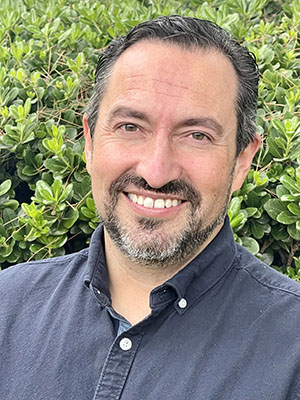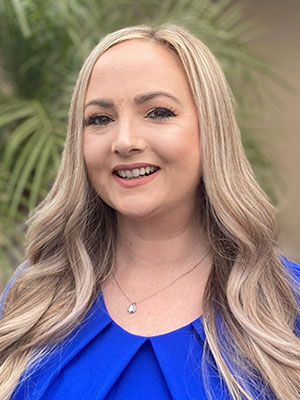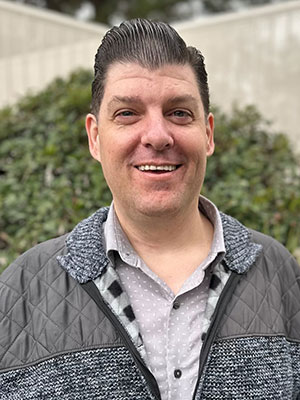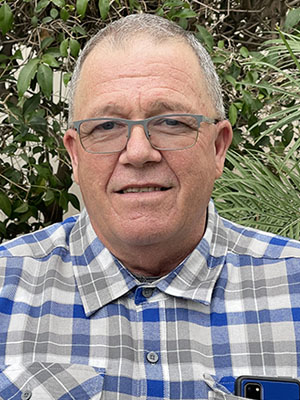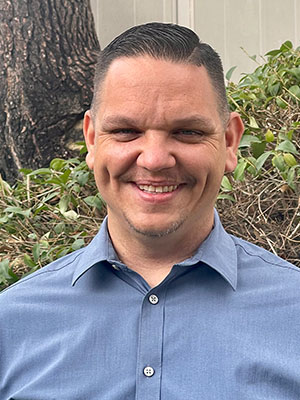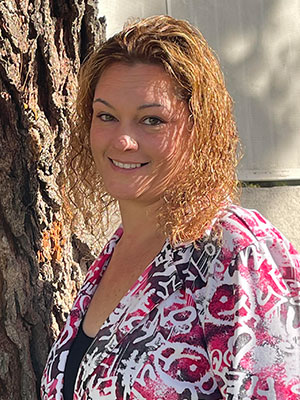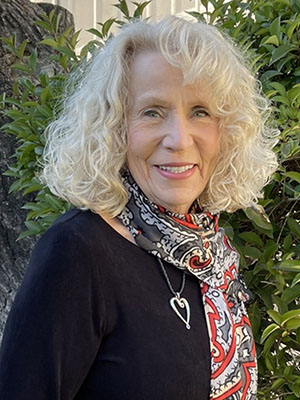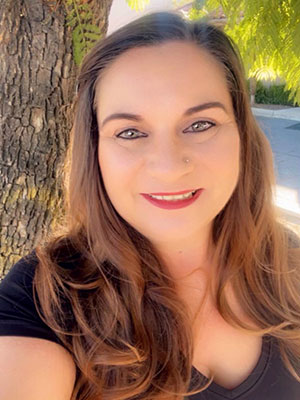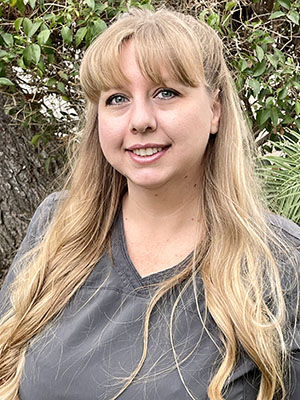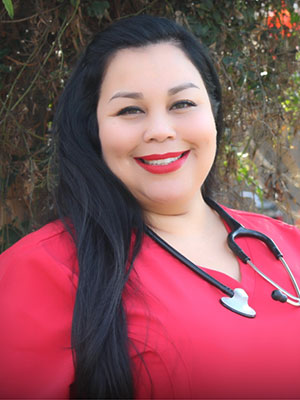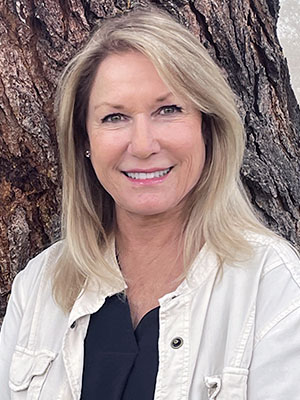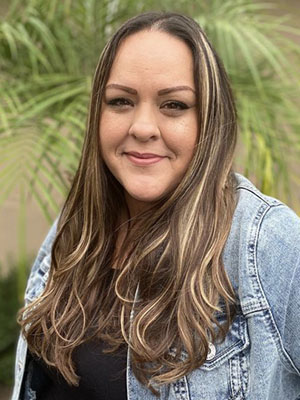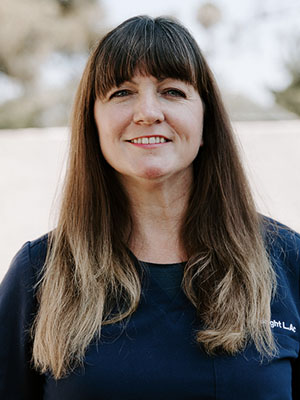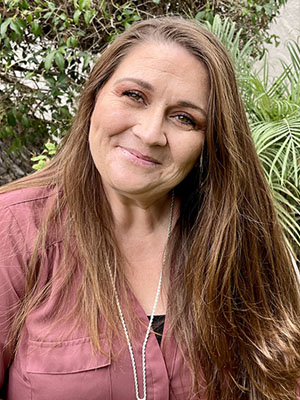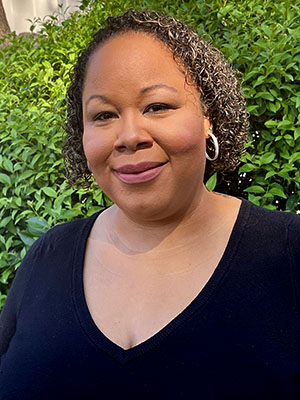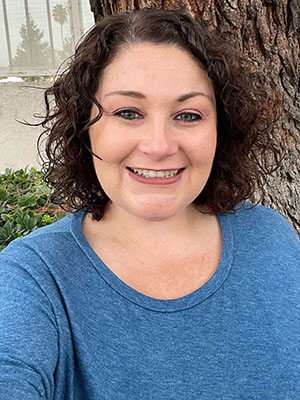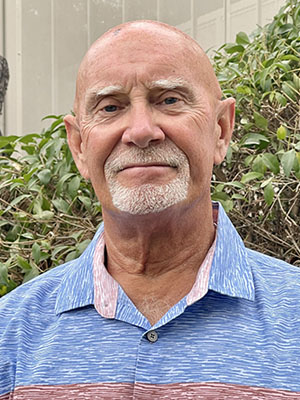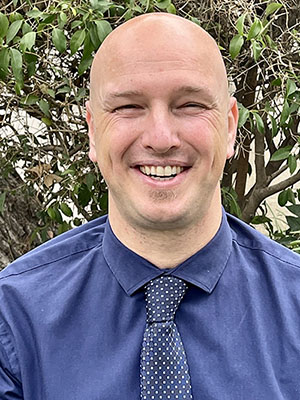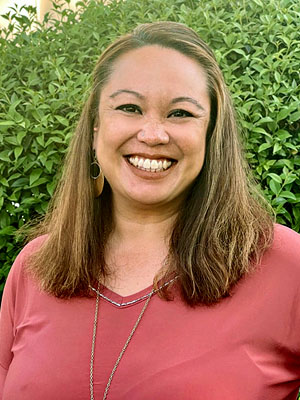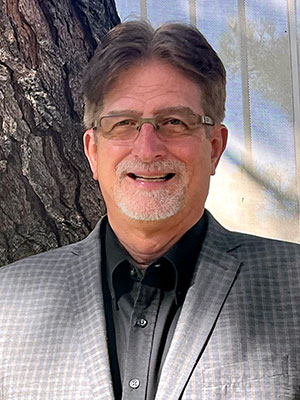In addiction, your focus is usually on where to get your next drug or drink. In addiction recovery, your focus needs to be on developing life skills that will help you be more successful in improving your quality of life after treatment. Key life skills for people in addiction recovery can make the difference in the ability to secure a job, maintain positive relationships with others, properly manage your finances, and live a healthy, productive life.
Developing New Skills
Being addicted to drugs or alcohol can truly take over your life. You are not necessarily worried about eating well, opening a bank account, or developing interview skills. In fact, you may not have learned how to do these things that are basic to a fully functional life. Drug and alcohol abuse, particularly when it begins in early life, can stunt the addict’s emotional maturity which in turn can prevent the addict from learning appropriate life skills. There are some key life skills for people in addiction recovery to learn now so they can move forward toward a healthy and productive future.
Self-Care
One of the most important life skills to learn in recovery is self-care. Replacing addictive urges with healthy habits can form the basis of a successful recovery and a productive life. Personal hygiene, nutritional eating habits, and physical and mental fitness are all important aspects of self-care.
Finding productive ways to manage your stress as well as your cravings can help you to be healthier, mentally and physically. Taking better care of yourself can help you focus on other life skills you will need to develop.
Learning how to prepare healthy meals can help you become more self-sufficient as well as physically healthier. While in addiction, you may not have thought much about what kind of food you ate – or whether you ate at all – in recovery, you can take the time to learn about nutritious foods and how to prepare regular, filling meals.
Personal hygiene is an essential life skill for you in recovery. When you take better care of yourself and are properly dressed, you will feel better about yourself. Maintaining appropriate personal hygiene is also important for sustaining important relationships and when searching for a job.
Self-care skills can also include proper physical and mental exercises. You might try yoga, meditation, or mindfulness exercises to help improve your mental health. Simple physical exercises such as walking or swimming can also help you feel better about yourself in addiction recovery.
Job Search Skills
The Substance Abuse and Mental Health Services Administration (SAMHSA) explains that unemployed clients in substance abuse treatment programs face many challenges and obstacles in obtaining and keeping jobs. Developing job search and job-related skills, including interviewing skills, punctuality, regular attendance, appropriate dress, and responsiveness to supervision can help you in finding and keeping a relevant position in the workplace.
Financial Skills
One of the key life skills for people in addiction recovery is knowing how to manage finances. When you are addicted to drugs or alcohol, you probably were not concerned about opening a bank account or properly managing credit cards. In recovery, as you develop new skills, a new job, and possibly a new place to live, you will need to be able to understand how to pay your bills on time and not overextend yourself financially.
Money may become a trigger for you in recovery. However, financial responsibility can contribute to your sense of self-worth as you learn how to live within your means and actually save money. Learning the skill of financial management can help you transition to a more positive and stable lifestyle.
Relationship Skills
Knowing how to communicate and connect with others is one of the key life skills for people in addiction recovery. Whether in your social circles, among your family members, or in the workplace, relationship skills are critical to developing and maintaining positive personal relationships. You may have severely damaged these important relationships when you were using drugs or alcohol. In recovery, you can develop skills that help you to overcome social anxiety and to communicate effectively with the important people in your life.
Addiction Recovery Starts at Hemet Valley Recovery Center & Sage Retreat
At Hemet Valley Recovery Center & Sage Retreat, we assist you in all aspects of your care, from acute medical drug and alcohol detoxification through addiction rehabilitation and aftercare. If you or a loved one is struggling with alcohol, substance use, or a co-occurring mental health disorder, please contact Hemet Valley Recovery Center & Sage Retreat. Our treatment center and medical detox is the ideal environment to begin a journey of lasting recovery. Take the first step with HVRC.



